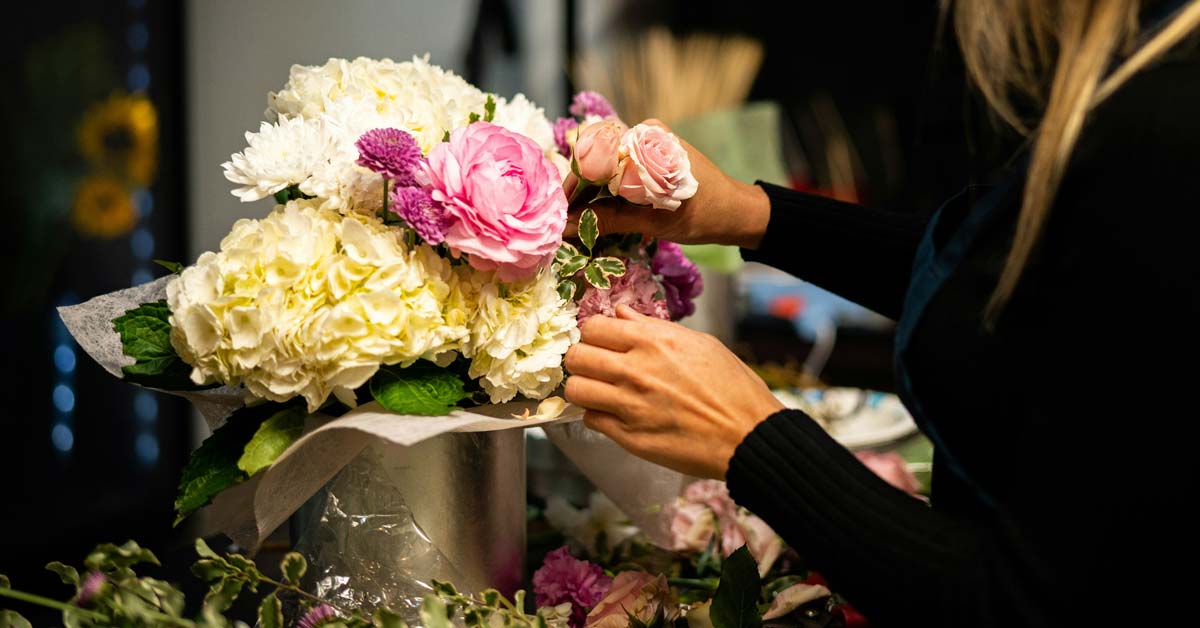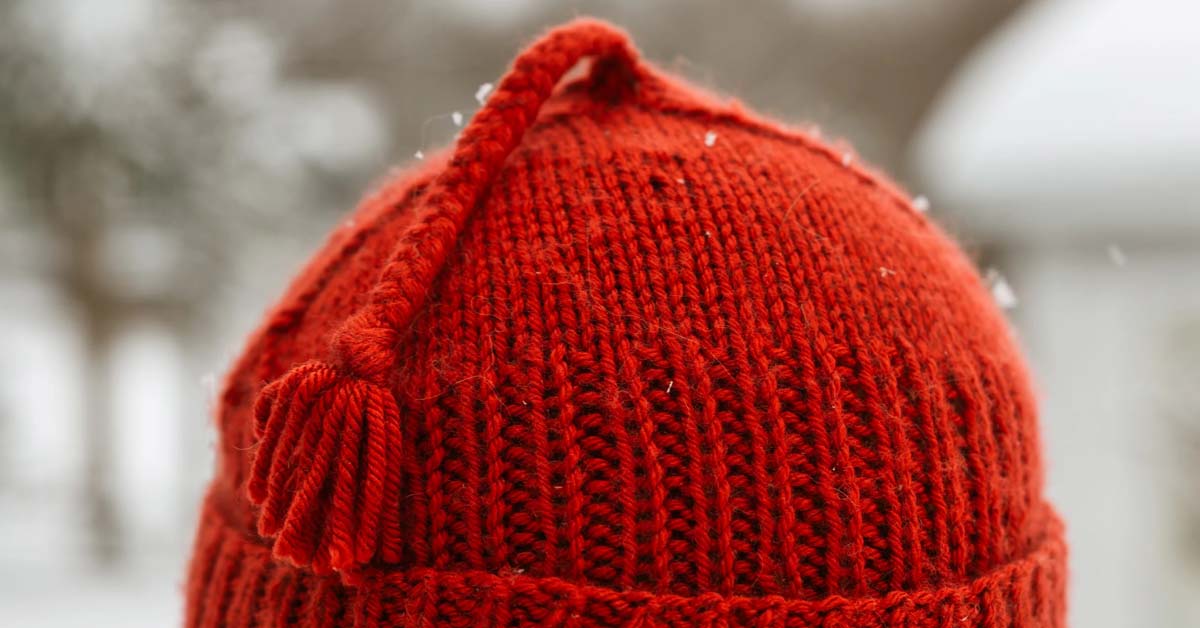It all started with a bag of dead batteries.
Ryan Metzger, along with his then six-year-old son Owen, were trying to responsibly dispose of their hard-to-recycle waste that gathered around the house in 2018.
The quest to recycle batteries turned into adventures of disposing of styrofoam, plastic clothing hangers, light bulbs, and more. Metzger had a light-bulb moment himself, realizing that his neighbors were probably in the same conundrum, unsure of how to actually dispose of these everyday items at the end of their lifespans.
He started a recycling carpool in his Seattle neighborhood, collecting items in his community that would otherwise be on their way to a landfill.
And then demand grew.

Metzger then created his startup, Ridwell, which has one simple mission: “Make it simple to get rid of your stuff responsibly.”
Now, the company operates in dozens of cities across seven states: California, Colorado, Georgia, Minnesota, Oregon, Texas, and Washington. The service now reaches over 90,000 users.
It makes sense, as the mounting issue of “wishcycling” sullies communal recycling bins with trash that doesn’t belong. And with reducing, reusing, and recycling a more dire responsibility, consumers are itching for a simpler solution.
For a fee of $14, $18, or $24 a month, depending on a user’s needs, Ridwell members get reusable canvas bags, a special Ridwell bin, and the knowledge that their recyclables will be picked up from their doorstep every two weeks.
“People are wanting to do something positive to help create a better future,” Metzger told GeekWire in 2021, as the business took off. “People see climate change around them. Keeping things from landfills is something they can do.”
Categories include things like plastic film (you know, those pesky Amazon bubble mailers and Ziploc bags), multi-layer plastic (like what your potato chips come in), clothes and textiles, household light bulbs, and more.
Users can also choose from a list of “extra” categories for each of their pickups, like electronics, bottle caps, corks, and batteries.
From there, Ridwell drivers take this waste to speciality recyclers or donate them to vetted partners.

The transparency of where this waste goes is a key element of the business.
“You deserve to know where your stuff goes,” Ridwell’s website reads. “Ridwell is redefining transparency for the waste industry by giving you a detailed look at where your materials end up — and just how much stuff we’re keeping out of the landfill.”
The brand’s website offers its community regular updates in local and regional audits, and highlights partner organizations who do the hard work of repurposing much of Ridwell’s collections.
In fact, 97% of material collected gets reused or recycled. As of January 2024, Ridwell has saved 15 million total pounds of waste from landfills, according to its transparency web page.
Across the country, Ridwell sends plastic film along to Trex to help create composite deck materials that can last up to 25 years.
In Austin, the brand sends light bulbs to Lighting Resources, LLC, to recycle light bulbs and divert mercury from landfills.
In Atlanta, Ridwell shares art supplies with Scraplanta Creative Reuse, fostering creativity and environmental education across the city.
And in Portland, PET plastic clamshell containers (you know them from your to-go orders) are given to Green Impact. From there, they are washed, reprocessed, and turned into FDA Food Grade materials to be used again in new products.

“We love partnering with Ridwell to keep thermoforms out of landfills and instead get them recycled back into new thermoforms,” Octavio Victal, Green Impact’s founder and president, shared in a testimonial. “Ridwell is a partner that’s changing the plastic waste industry by making post-consumer diversion possible.”
These are just a few examples of the ways waste can be made anew through the participation of individual consumers. And with Ridwell’s success, it seems like those consumers are quick to get on board.
“It’s such an easy thing to do,” LA resident Dashiel St. Damien told the LA Times. “There are so many big problems that I feel so helpless about, but this is just one small thing.”
Still, most Ridwell users admit that they come to the subscription out of a need to ease their climate anxiety.
“I think we just owe it to our children’s future to just keep as much out of the landfills as possible,” Bonnie Zucker, another LA resident, told the LA Times. “In some ways, it’s unfortunate that companies like Ridwell have to exist, because we do have so much waste.”
And that’s something Metzger seems to agree with.
“If we could solve climate change and our business would go out of business,” Metzger told GeekWire back in 2021, “I would take that in a heartbeat.”
Header images courtesy of Ridwell



